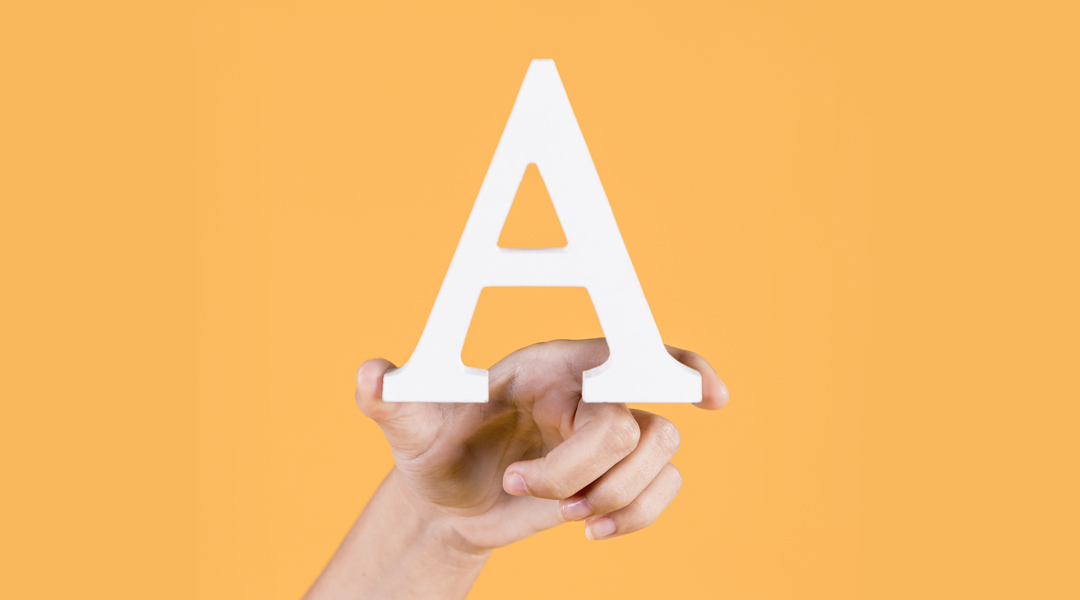There are several forms of the future in English, which depend a lot on whether they are used orally or in writing. Usually, the future with «will» is used in written work and the future with «be going to» is used more orally.
Hay varias formas de futuro en inglés, que dependen mucho de si se utilizan en forma oral o escrita. Habitualmente, will-future se utiliza en comunicación escrita y going to-future se utiliza más para comunicación oral.
We will analyze each of the forms of the future and look at some examples.
Analizaremos cada una de las formas de futuro y veremos algunos ejemplos.
Here we go!
¡Allá vamos!
Uses of the future with ‘will’
Usos del futuro con ‘will’
Form: subject + will + infinitive
The future with ‘will’ is used in the following situations:
El futuro con ‘will’ se utiliza en las siguientes situaciones:
– For predictions about the future.
Para predicciones sobre el futuro.
Oliver will be at work tomorrow.
Oliver won’t be at work tomorrow.
Will Oliver be at work tomorrow?
– For promises or offers in the future.
Para promesas u ofertas en el futuro.
She will help you to cook for Christmas.
She won’t help you to cook for Christmas.
Will she help you to cook for Christmas?
Use of ‘going to»
Usos del ‘going to’
Form: subject + be + going to + infinitive
We use ‘going to’ for firm intentions.
Se utiliza ‘going to’ para expresar intenciones firmes.
We are going to drive to Portugal this summer.
Uses of the ‘Present Continuous’ as a futuro
Usos del ‘Present Continuous’ como futuro
Form: be + infinitive + ing
We use ‘Present Continuous’, usually with the time mentioned, for definite near future plans.
Usamos ‘Present Continuous’, generalmente mencionando el tiempo, para planes definitivos en el futuro cercano.
What are you doing this afternoon?
Tom is playing a game on Friday.
Uses of the ‘Future Continuous’
Usos del ‘Future Continuous’
Form: will + be + infinitive + ing
We use ‘Future Continuous’ to talk about something certain to be happening at a particular time in the future.
Usamos ‘Future Continuous’ para hablar sobre algo que seguramente sucederá en un momento preciso en el futuro.
I will be sleeping all weekend.
She won’t be working tomorrow.
Will you be playing the game tomorrow morning?
Common future time expressions include: next week / month / year / Wednesday, tomorrow, soon, later…
Las expresiones de futuro más comunes incluyen: la próxima semana / mes / año / miércoles, mañana, pronto, más tarde …
As you can see, the context of the situation is very important in determining which verbal form to use.
Como veis, el contexto de la situación es muy importante para saber qué forma verbal es la adecuada para usar.
Go on studying!




